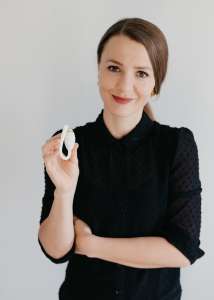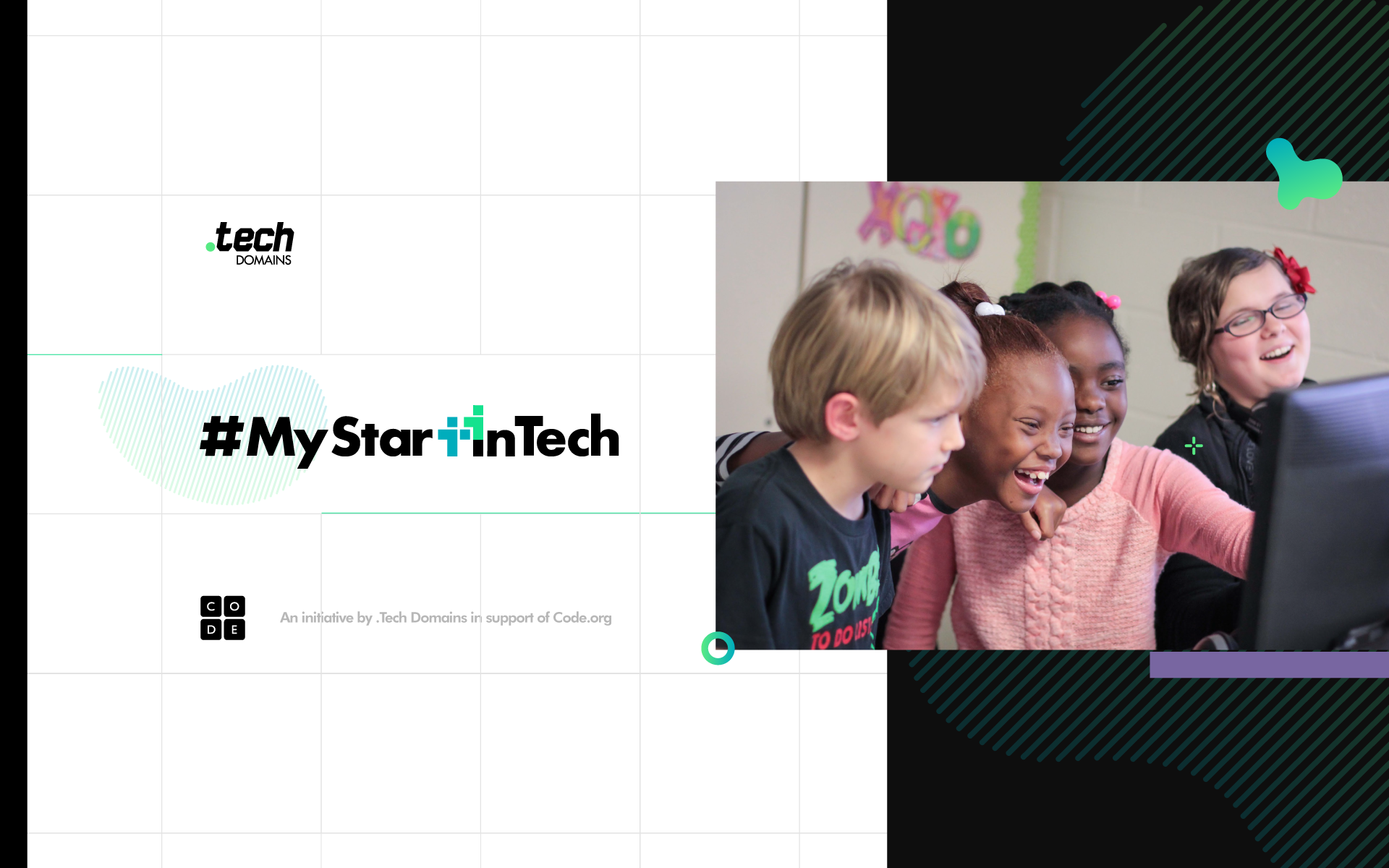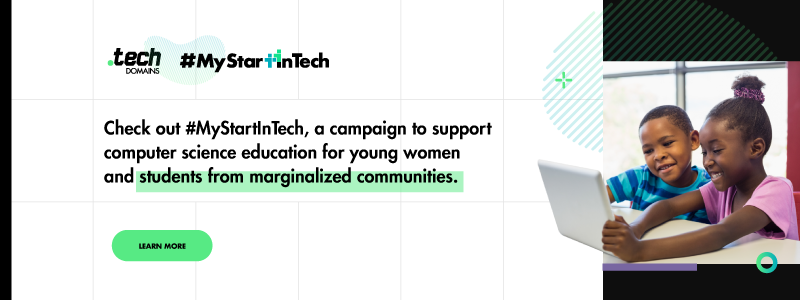The tech workforce in the US is not growing at an optimal pace. The number of schools offering computer science is not enough which is impacting the access of computer science to young women and students from marginalized communities.
The truth is that there are over 410,020 open computing jobs in the US but only 71,226 computer science students graduated into the tech workforce last year.
This is because only 47% of public high schools in the US offer computer science which deeply impacts its access to young women and students from marginalized communities.
To address this pressing issue, we have launched #MyStartInTech, a campaign dedicated to drawing attention to this cause and in turn, help widen access to computer science in schools.
As part of this campaign, we present the #MyStartInTech interview series where some of the esteemed tech entrepreneurs and professionals in the industry share details about their journey in tech. With this, we hope to draw attention to the infinite opportunities that will lay open if young women and students are given the opportunity to study computer science.
In this interview, Kristina Cahojova, CEO of Kegg.Tech talks about how she got her start in the tech world.
Kristina earned her double Master’s Degree in International Management and Business Administration from CEMS in Europe. For her first business venture, TailorMySuit, she was awarded as the Student Entrepreneur of 2011. She continued her career in London, where she led growth at AppyParking. After that, she joined the marketing team at Amazon and then moved to C2C marketing at eBay in San Jose, California.
Inspired by struggles with tracking her fertility combined with her experiences in eCommerce, she realized that there is a demand for a certain product, which does not yet exist and she launched kegg.

Let’s find out what she has to say!
When was your first interaction with Computer Science?
I was not a computer science major. I come from Europe and back in the days, it was very rare for kids at school to be provided with computers or technology tools. I had the same experience at home. The first personal computers appeared in my family’s home in late 2000.
At the university I attended, we had some basic intros to IT and coding but it was not at a professional level. This was for me the first time I was able to look at computers closely and understand the power of technology.
I was always fascinated by technology and I always considered that – somehow – it can empower our lives if it’s used correctly. Before launching my company and product (kegg.tech), I never really thought about making others’ lives easier, especially in the fertility space.
What nudged you into taking up a career in technology?
When it was time to get a job after I earned my Master’s Degree, technology was at that point everywhere around us. Once I moved to London, I led growth at AppyParking (helping the app to become the #1 parking app in the UK with more than 1M downloads). In those years, big Tech companies grew a lot and became very appealing for many young marketers.
When I transferred to the United States, I joined the marketing team at Amazon and then moved to C2C marketing at eBay in San Jose, California. I felt it was quite a natural step.
I was inspired to launch my own femtech company from my personal struggles with tracking my fertility combined with my experiences in eCommerce.
What are your earliest memories of using a computer in school?
We didn’t have computers at school. At that time (late 90s) it was quite normal but having that type of technology at an earlier stage of life would have had a different impact on my (and my classmate’s) life.
I believe that early access to computers is important to empower young people to understand problems and generate solutions for them. Students are creative inventors and novel problem solvers. They can see things from a different perspective compared to adults.
What is the importance of technology to you now and how does it impact your day-to-day life?
In my personal life, I try to use technology in a positive way, without being dependent or addicted. Advanced technology is also at the core of my company and product.
When I launched kegg, despite a market flooded with fertility trackers, there was no technology out there that could help me at that time with my cervical mucus readings. So I worked to build my own product in the femtech space.
How important is it to increase access to computer science and technology to underrepresented communities and young women today?
I think ensuring technology access to all students, especially minorities, is vital. When we engage all students with tools to help them be successful, we are equipping them for a successful future. I firmly believe that in today’s world access to technology is a critical component of success.
Why do you think access to computer literacy in school is important?
One of the most important benefits of technology is allowing communication, connections, and collaboration. With computer literacy, we can foster a thirst for further knowledge that can be achieved by connecting with others globally through technology.
What do you think about .Tech Domains taking up this cause?
.Tech domain gave us the opportunity to reach millions of women across the United States and make our product available to them for purchasing. In addition, we feel we have been able to empower women to better understand their bodies. This would not have been possible without .Tech domains and our website.


